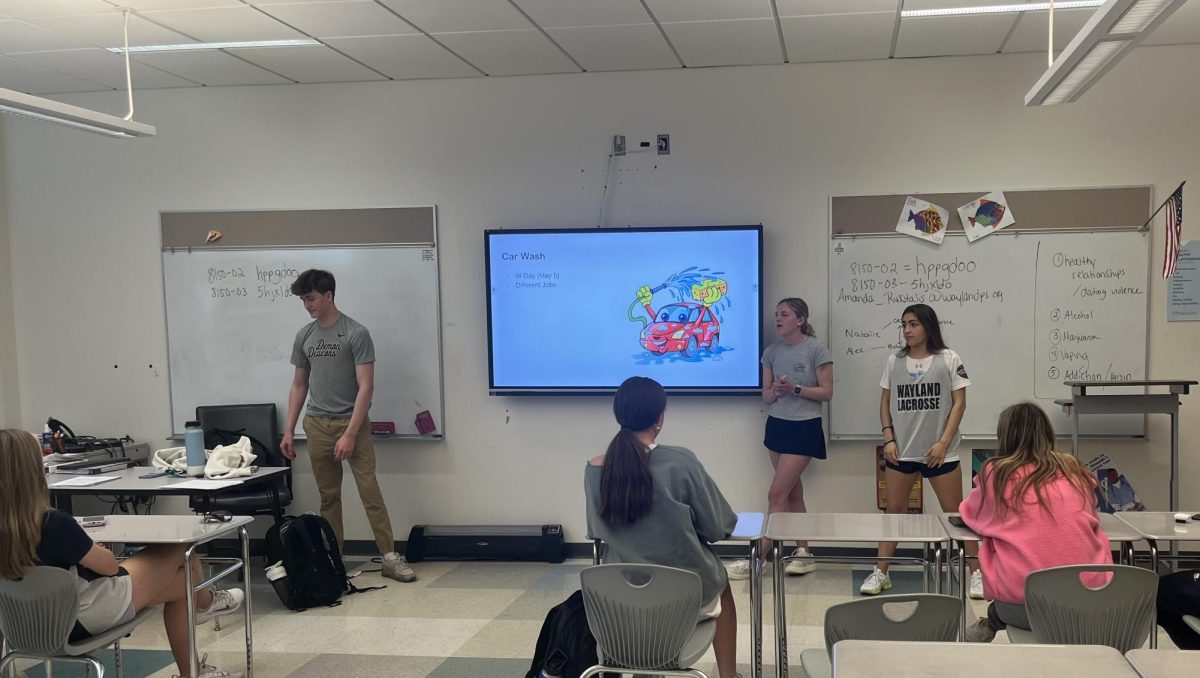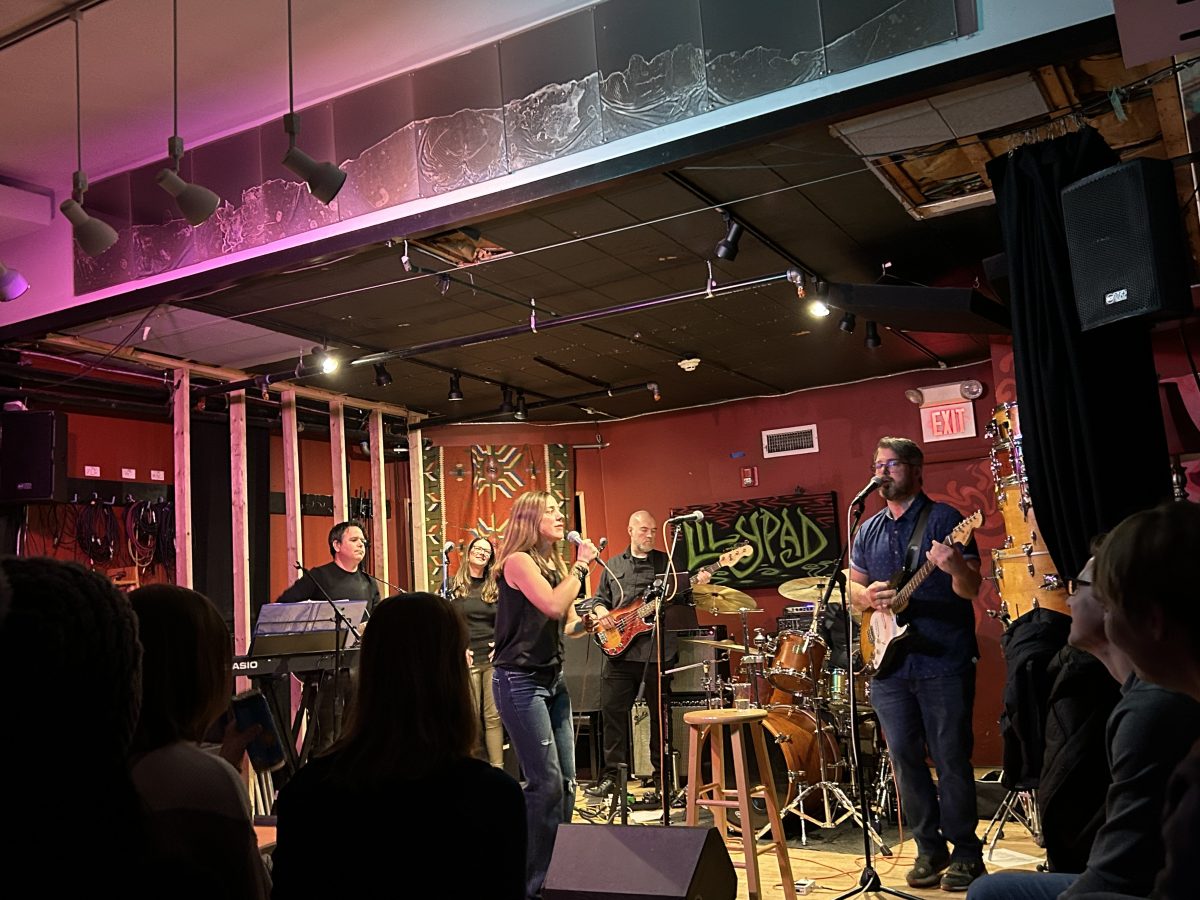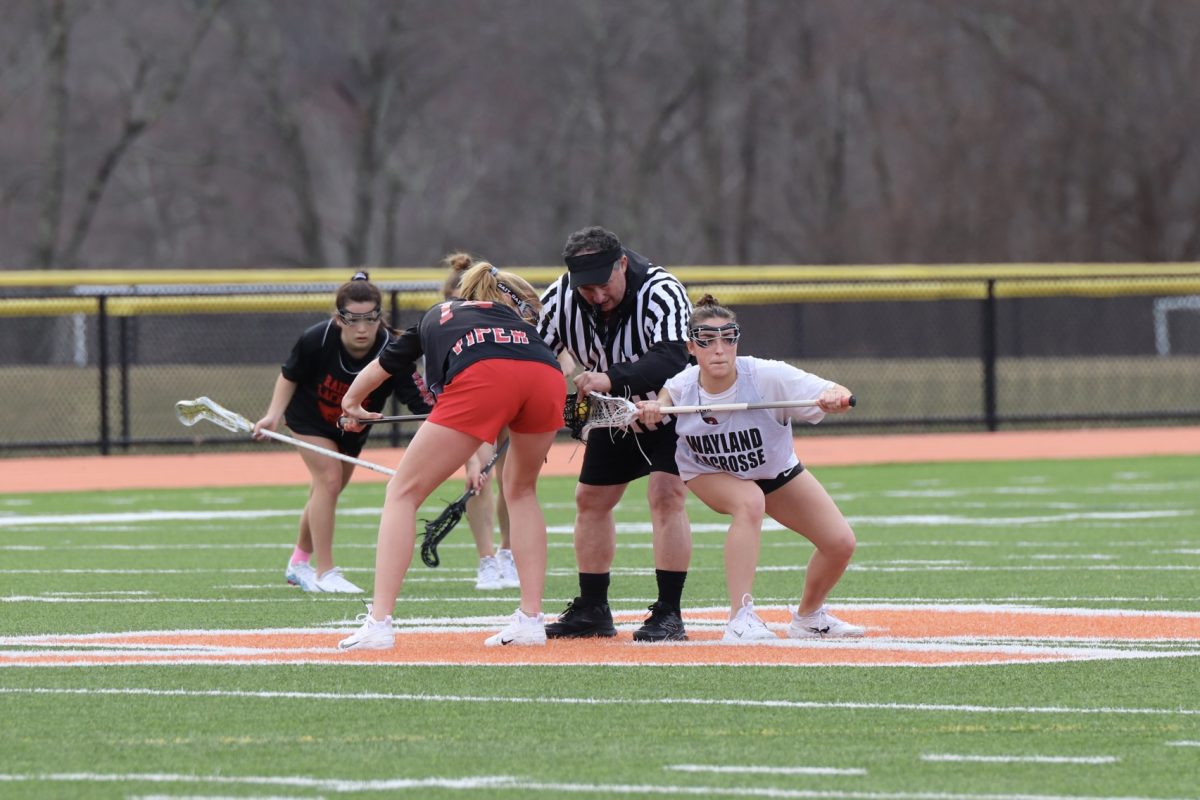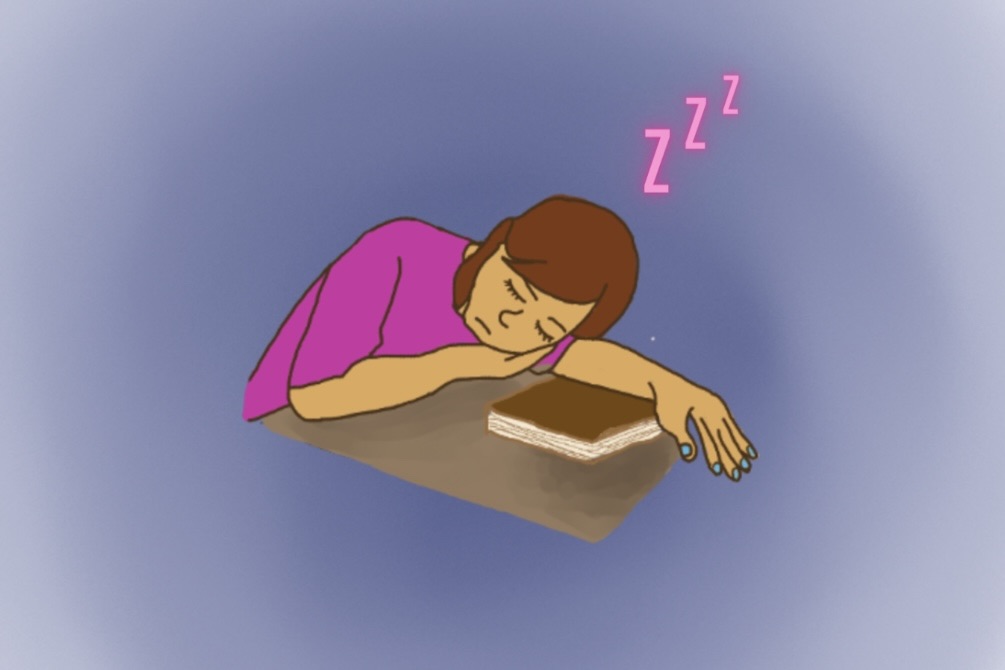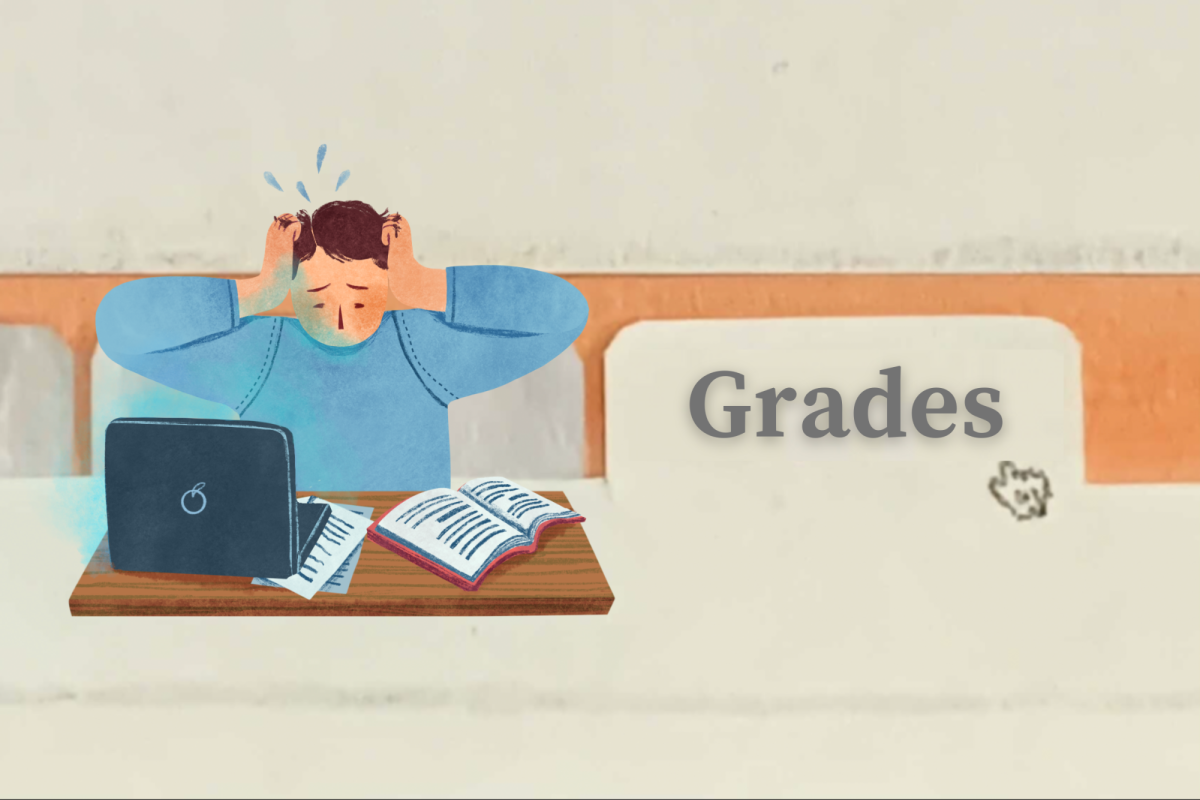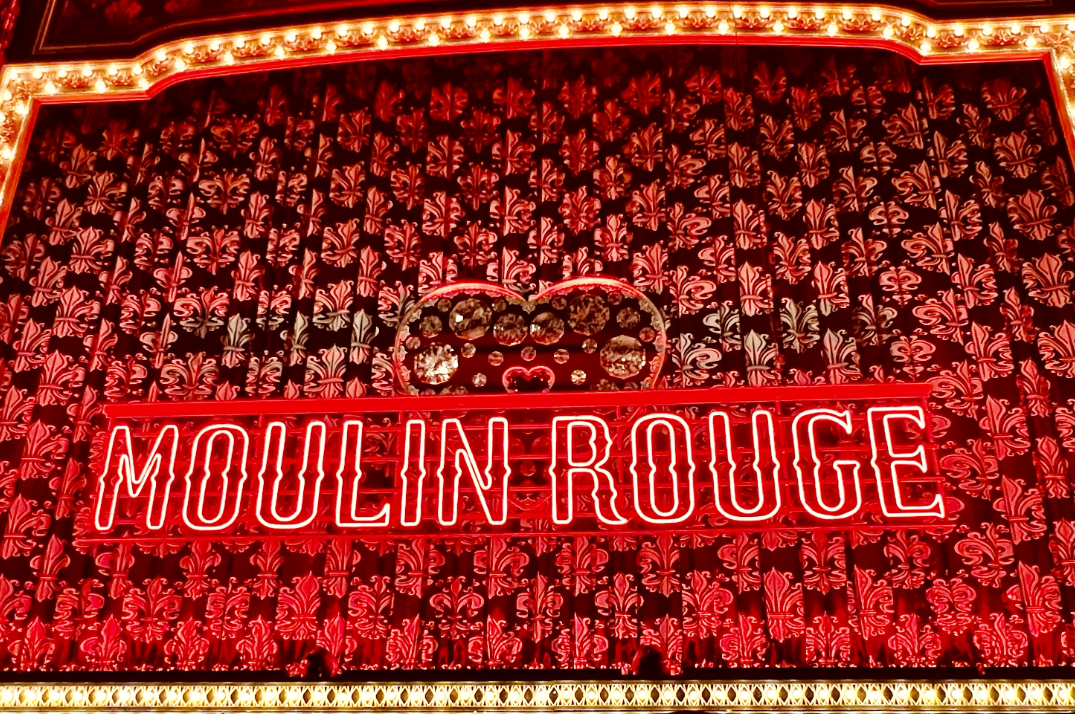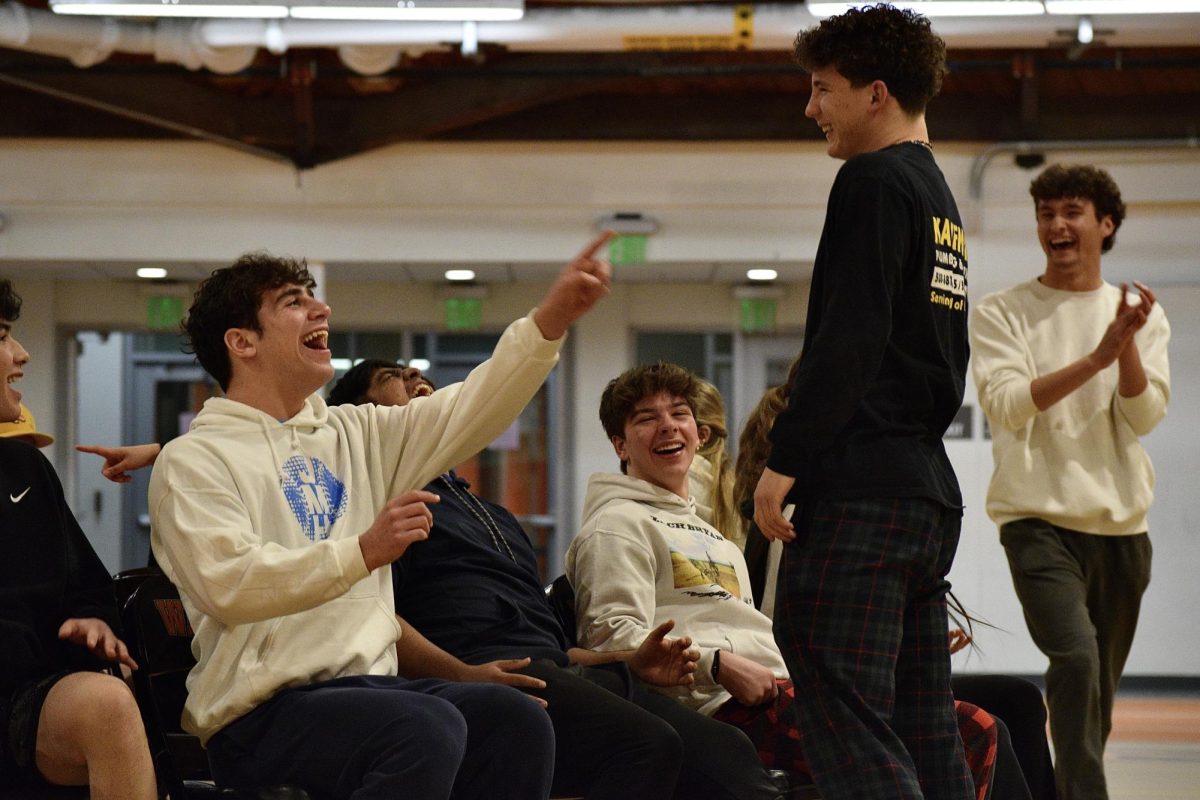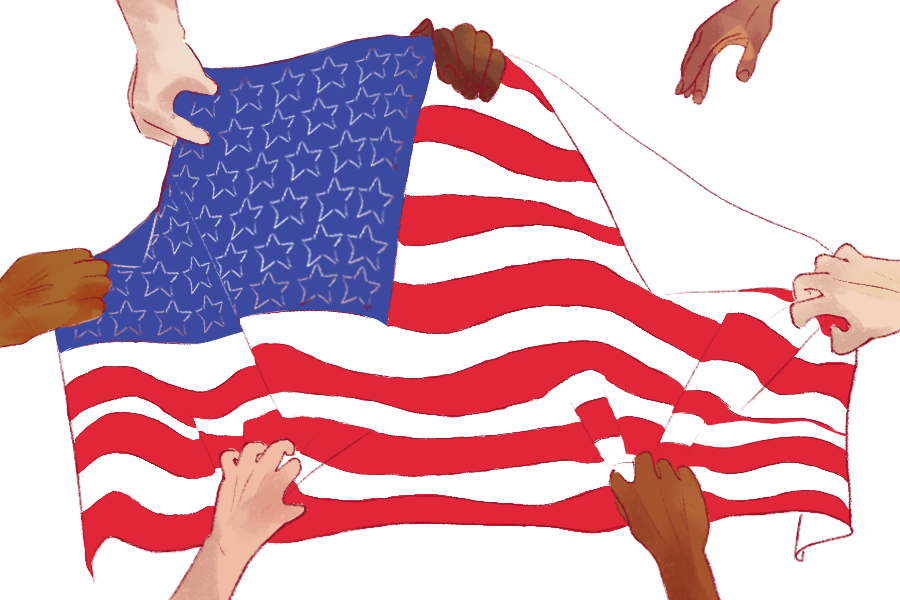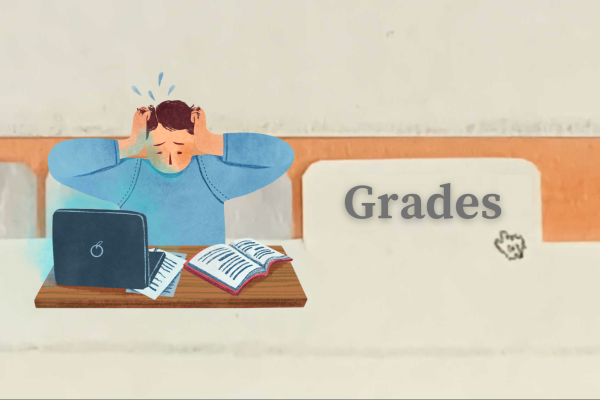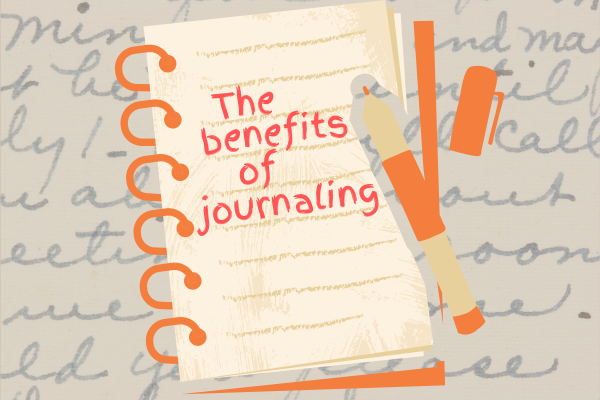Opinion: On critical race theory, attack the flaws, not the idea itself
Credit: Theo Ghosh
WSPN’s Genevieve Morrison weighs the sides of the ongoing national debate over critical race theory.
November 19, 2021
Arguably the most divisive issue in the education community in recent history, critical race theory is deepening the rift between the left and right in education. Once an obscure idea, CRT has shifted to the forefront of educational discourse. The issue isn’t even solely a racial one, though. It’s a matter of prioritizing truth over ignorance.
Currently, people are misinterpreting the idea to mean virtually anything they want, and subsequently, whatever will fit their personal political agenda. The legal scholar who created this concept, Kimberlé Crenshaw, defined it as “teaching the effect of American racism on political and social institutions, intertwined with the assertion that race is a social construct.”
This is vastly different from the current public understanding of the concept, which ranges from punishing white children for their race to Marxism, to teaching about any historical racism at all. More often than not, the subjects in question are not CRT, but simple United States history and civics lessons. We should not aim to rewrite history, but we should just tell it like it is.
Within this multiplicity, most conservatives agree that critical race theory’s chief offense is painting white people as oppressors and Black people as victims. CRT has grounds for criticism in practice, but many morally oppose the intentions behind the idea.
The United States has a shameful history of racism. To be frank, if white children feel a sense of guilt when taught the state of racial affairs in this country, maybe it’s warranted. Obviously, it’s not their fault, but if children of color have to endure racism to this day, then white children can handle a little uneasiness. It’s more than possible that the very feeling of uneasiness could dissuade them from committing acts of racism in the future. I’d much rather have temporary discomfort than the perpetuation of white supremacy.
I’d much rather have temporary discomfort than the perpetuation of white supremacy.
— Genevieve Morrison
Conservative politicians have marked critical race theory as their new favorite punching bag. Many assert that it must be banned from schools, ignoring the fact that it’s not in schools, nor do most politicians intend to put it in place. Ron DeSantis of Florida has claimed that CRT is “state sanctioned racism.” Supported by a mob of Republican politicians and outraged constituents, his state has moved to prohibit the teaching of critical race theory in all schools. Florida is just one out of 24 state legislators introducing 54 bills to limit or ban critical race theory.
CRT isn’t a tangible enough concept that it can be added or taken away in one fell swoop. It requires deep structural modification of schools. If it were already in place, we would know.
Besides that, is it even within a state government’s jurisdiction to limit education in this way? Disregarding the question of its necessity, many progressives charge that outlawing critical race theory impedes free speech. The ambiguity of the laws presents a huge problem in terms of first amendment violations. They target any issue labeled as “divisive” and seek to discourage teachers from introducing any sort of controversial issues. It’s more than reasonable to expect that this broad definition will undoubtedly be used to its fullest extent, leading to the distortion and censorship of Black history and any other minority’s struggles.
The people who support this legislation don’t seek to protect students, but they seek to blind them. They would have a whole generation grow up completely ignorant to the centuries-long suffering of disenfranchised minority groups rather than get a few white children’s feelings hurt.
Critical race theory is not a goal of subjectivity, but objectivity. The fact is, racism is deeply ingrained in our social and political structures.
Acknowledging that truth is not only important, but it is a necessity.
— Genevieve Morrison
With all of this being said, critical race theory does not come without its issues. For example, culturally responsive teaching is a concept supported by many pro-CRT activists and educators and, to be honest, it’s alarming. On the surface, it seems like a good idea. The idea consists of including cultural differences in all aspects of learning. This could include social interaction and learning patterns.
A big part of being a good teacher is tailoring your teaching to individual students’ needs. Most educators are aware of this and do it anyway. I think it’s careless, if not dangerous, to imply that those needs could be inherently based on race.
If a tenet of the concept itself is the fact that race is a social construct, why are we insinuating that there are intrinsic differences between the races? While something like social interaction patterns seems like a pretty neutral idea, it can be easily manipulated into prejudice against a race, the very thing CRT aims to eliminate.
Critical race theory isn’t really the enemy, though. It represents a larger battle between the progressive and conservative. This is just one partisan clash of many that places our political systems in a chokehold.
CRT isn’t a simple issue and I cannot present a simple solution. However, I can impart some advice. Follow the morals behind the issue, not the issue itself. Don’t be afraid to criticize your own side when they get something wrong. And above all, do the opposite of whatever Ron DeSantis does.





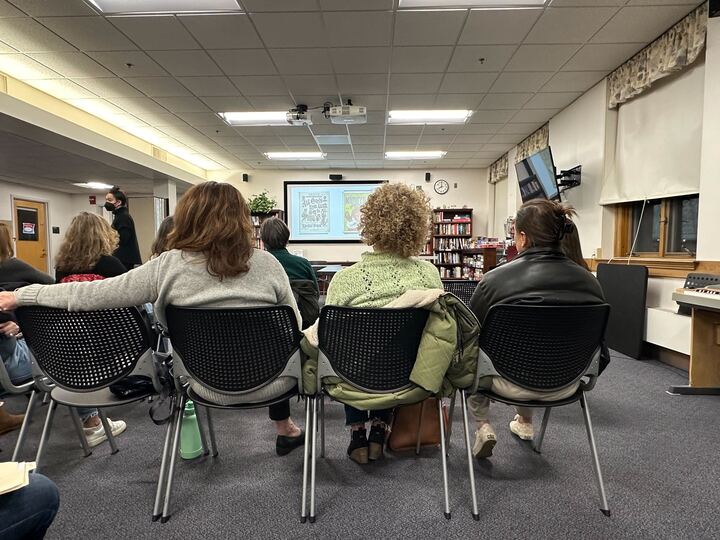





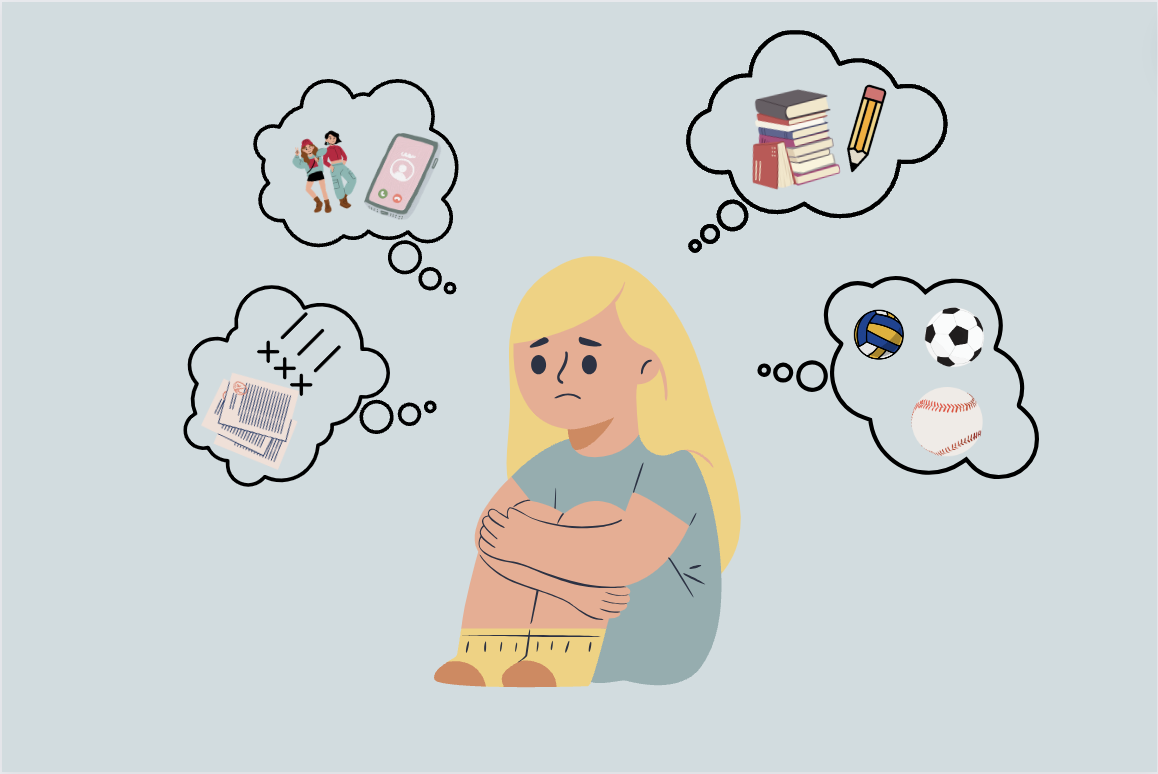
![WSPN’s Annika Martins and Maddie Zajac explore the athletic life of senior Annabelle Zhang through her badminton career. “This [photo] is me and my former partner after we won the 2022 junior nationals mixed doubles category,” Zhang said.](https://waylandstudentpress.com/wp-content/uploads/2024/04/IMG_6629-1200x900.jpg)
